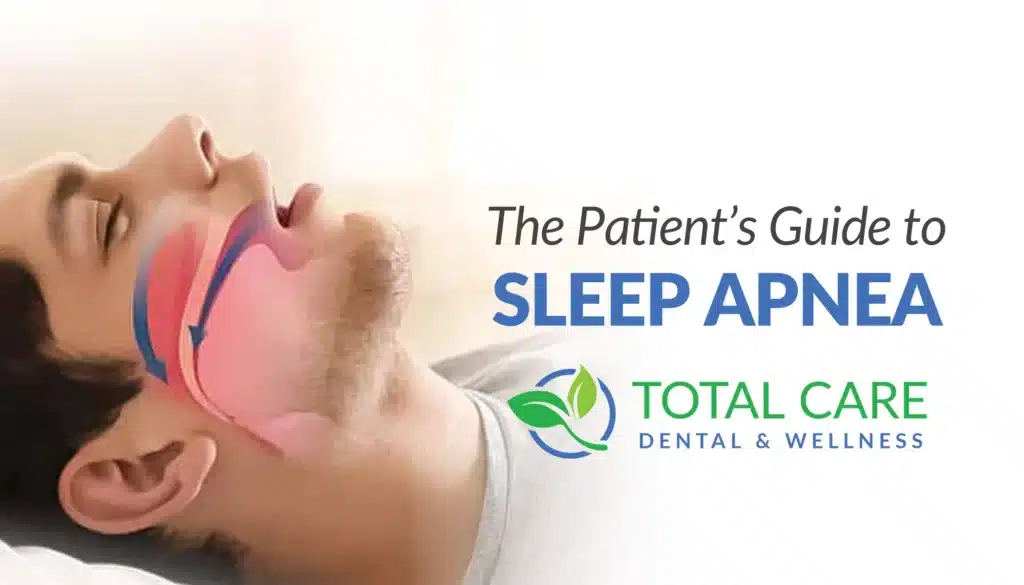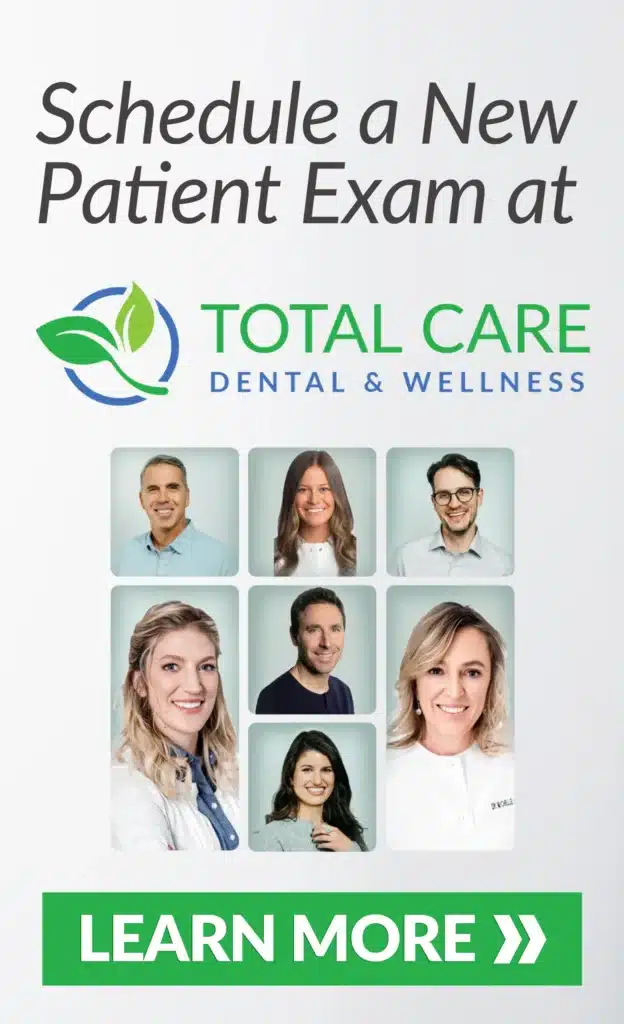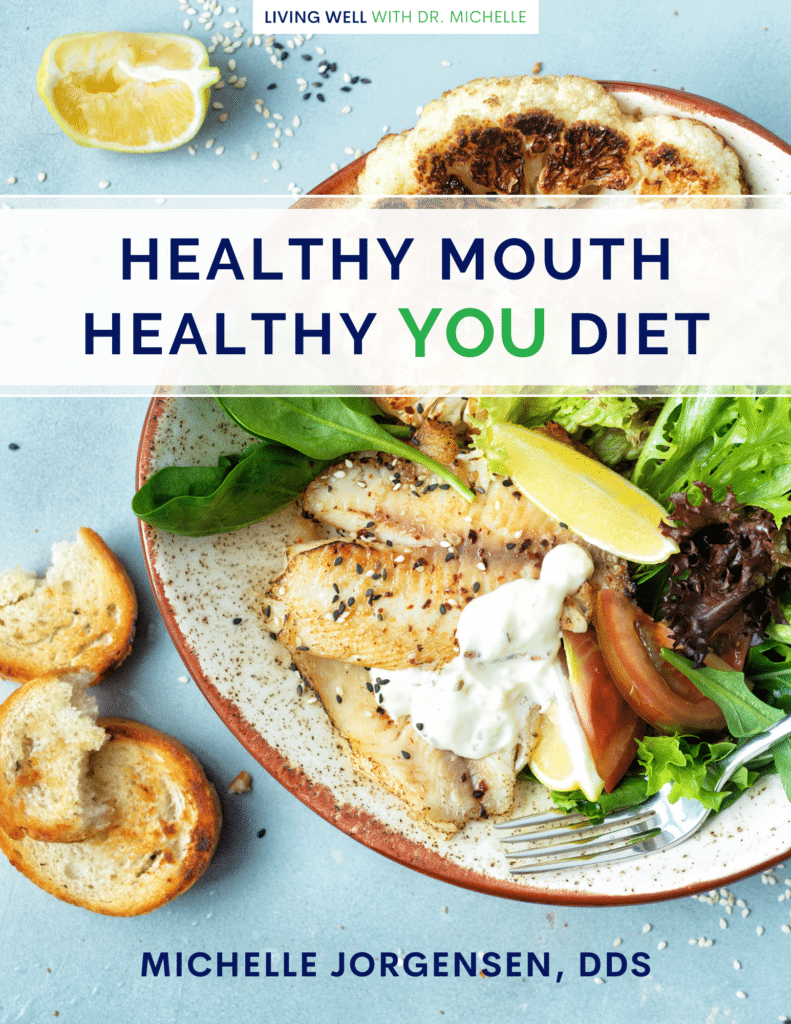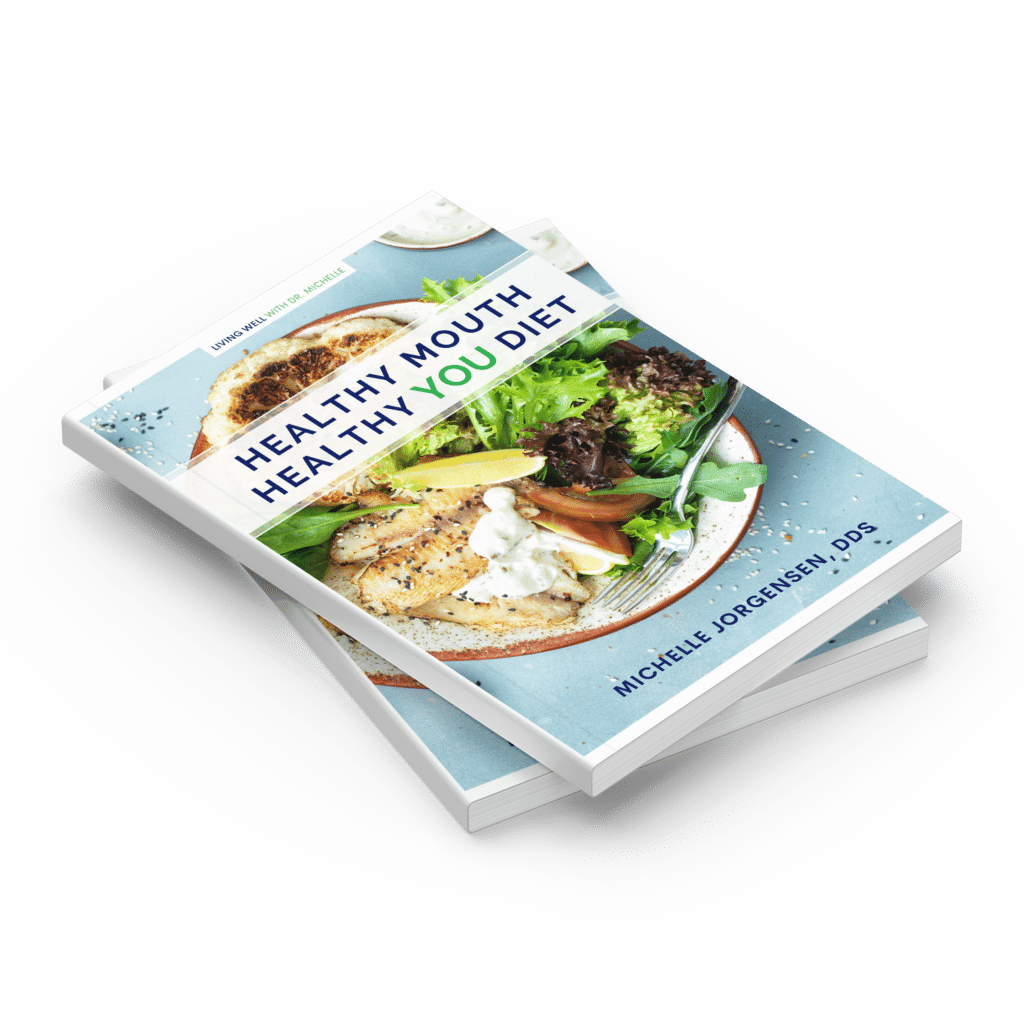The Patients’ Guide to Sleep Apnea
PRESENTED BY TOTAL CARE DENTAL & WELLNESS

What You Need to Know About Sleep Apnea & Your Health
Sleep apnea isn’t just about snoring or feeling tired—it’s a serious sleep disorder that can impact your overall health, energy levels, and even your lifespan.
This guide is here to answer your biggest questions about sleep apnea and help you understand your treatment options so you can start getting the restful sleep you deserve.
Why You Can’t Ignore Sleep Apnea & Other Sleep Disorders
Did you know that sleep apnea could be taking years off your life?
Sleep-disordered breathing affects millions of Americans—yet most people don’t even realize they have it. Left untreated, sleep apnea can contribute to chronic disease, low energy, poor focus, and serious health risks like high blood pressure and heart disease.
What Is Sleep Apnea?
Sleep apnea is a sleep disorder that disrupts your breathing while you sleep. It ranges from:
✅ Snoring & nasal congestion
✅ Mouth breathing & airway blockages
✅ Interrupted breathing during sleep
You might not even know you have it, but if you often wake up exhausted, groggy, or needing caffeine just to function, sleep apnea could be the culprit.
What Causes Sleep Apnea?
The way our airways develop plays a major role in sleep apnea. Believe it or not, common childhood habits like:
- Pacifiers
- Bottles
- Sippy cups
…can actually narrow our airways, making it harder for air to pass through while we sleep. Compared to 200 years ago, modern airways are smaller, leading to a higher risk of sleep-disordered breathing.
Sleep Apnea in America: The Alarming Statistics
🔹 Two-thirds of Americans have a sleep disorder
🔹 42 million people suffer from sleep apnea
🔹 90% of cases go undiagnosed
🔹 1 in 5 adults has mild to severe sleep apnea
Sleep apnea is far more common than most people realize, and many people go years without a diagnosis—or worse, assume feeling exhausted is “normal.”
How Sleep Apnea Disrupts Your Sleep Cycle

Even if your airway is naturally small, your neck muscles help keep it open while you’re awake. But when you enter deep sleep, those muscles relax—and so does your tongue.
Why This Is a Problem:
🔹 Your tongue spreads out, partially or fully blocking the airway.
🔹 Your breathing slows or stops completely.
🔹 Your brain wakes you up just enough to tense the muscles again.
This constant cycle prevents you from reaching deep, restorative sleep, leaving you exhausted and operating at a suboptimal level without even realizing it.
Can Sleep Apnea Really Kill Me?
In the short term, you may not notice much. But long-term sleep deprivation is linked to serious health risks:
📌 80-90% of people with diabetes have sleep apnea.
📌 50-90% of stroke survivors have a sleep disorder.
📌 20-25% of people with heart failure also have sleep apnea.
📌 Sleep apnea increases your risk of nighttime heart issues by 4x.
📌 People with airway obstructions are 15x more likely to have severe car accidents.
📌 100% of people who grind their teeth at night likely have a sleep-related issue.
These aren’t just statistics—they’re real-life health risks that could be avoided with proper treatment.
What You Can Expect From This Guide
This isn’t a medical journal—it’s an easy-to-read, straightforward resource designed to give you clear, actionable insights into sleep apnea and how to treat it.
At Total Care Dental & Wellness, we believe that better sleep = better health and a longer life. That’s why we’ve created this guide—to help you get the restful, restorative sleep your body needs.
What You’ll Learn in This Guide
In each chapter, we’ll cover key aspects of sleep apnea and what we believe everyone should know about sleep disorder breathing, including.
How to recognize the signs and symptoms (short-term and long-term effects).
Explore CPAP alternatives, oral appliances, and other cutting-edge solutions.
The surprising connection between sleep, oral health, and chronic disease.
You can jump to any chapter, but for the best experience, we recommend reading this guide in order.
What are the warning signs? Learn how sleep apnea affects your energy, mood, and long-term health.
🔹 Perfect for: Anyone who wants to learn more for their own health or a loved one’s.
Discover the root causes—from childhood habits to lifestyle factors—and how proper treatment can address them.
🔹 Perfect for: Anyone ready to treat the underlying issue, not just the symptoms.
You’ve probably heard of CPAP machines—but did you know there are many more options? Learn about custom oral appliances, surgery alternatives, and more.
🔹 Perfect for: Anyone looking for a comfortable, effective sleep apnea solution.
Wondering if you have sleep apnea? Getting tested is easier than you think! Learn about at-home sleep tests, in-lab studies, and the fastest way to get diagnosed.
🔹 Perfect for: Anyone ready to take the first step toward better sleep and better health.




